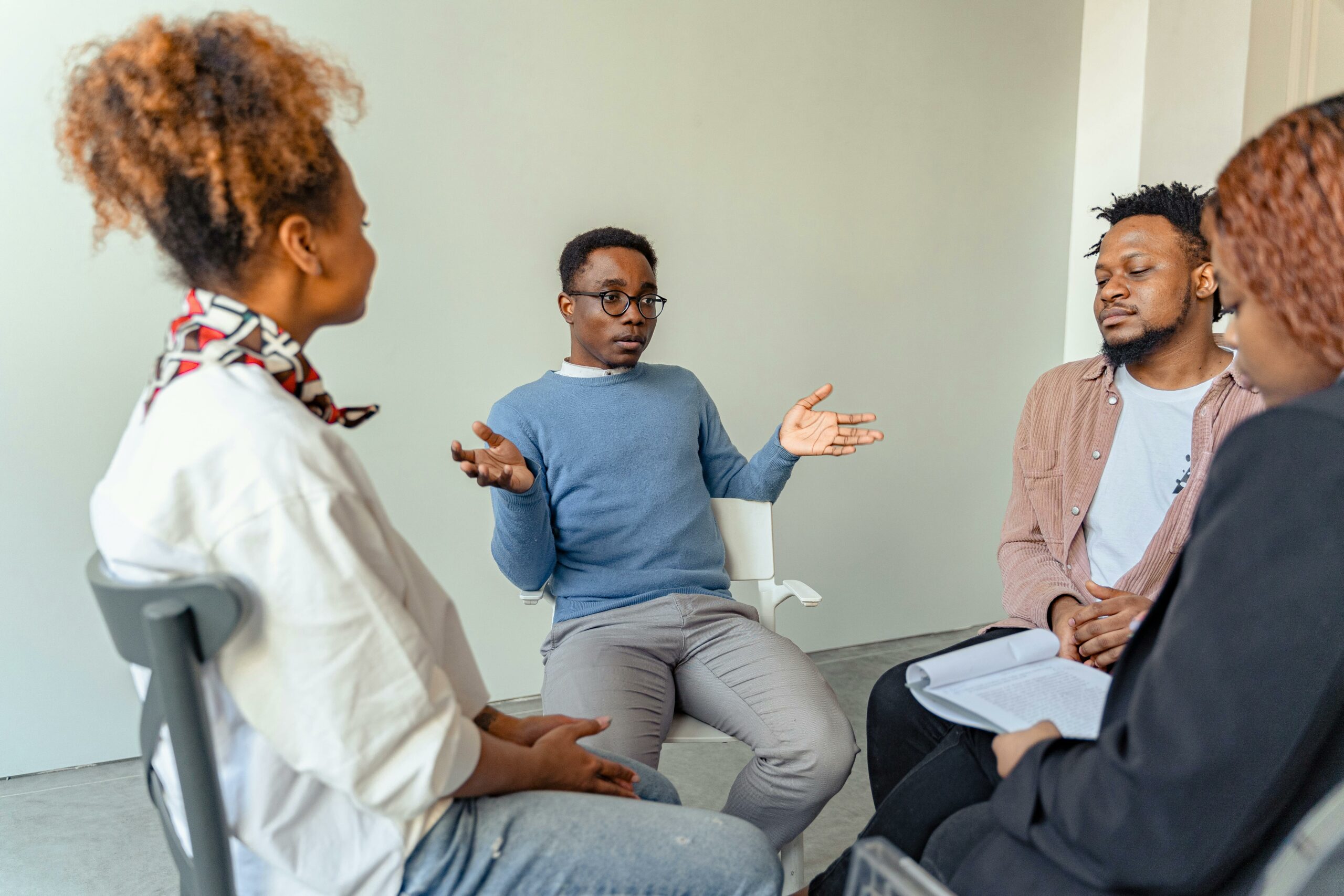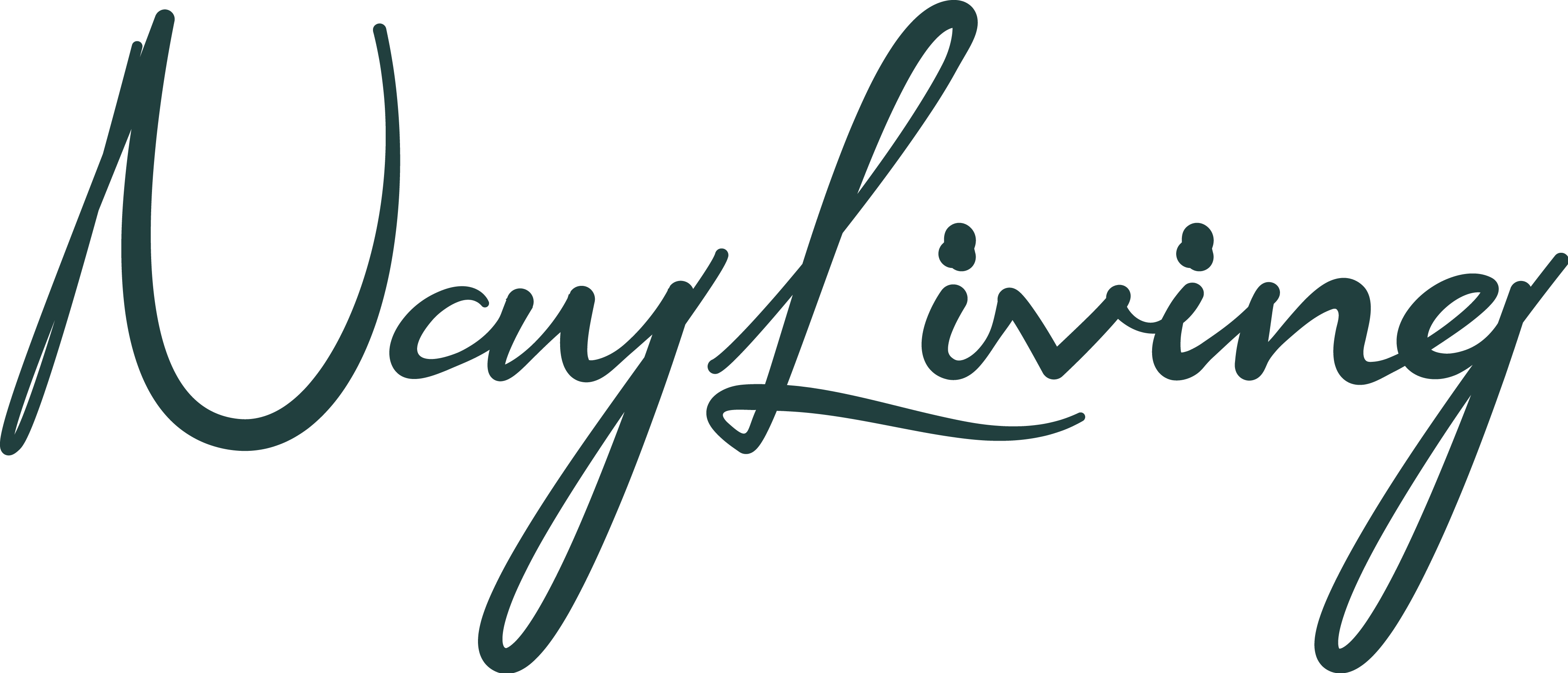
There comes a time in our lives when we get over surface-level relationships. We’ve grown and now we want to experience what it means to have deep human connections. However, with this realization comes the need for vulnerability– to create the strongest, most authentic bonds. Yet, embracing vulnerability in relationships is like standing at the edge of a cliff with our eyes closed, ready to leap; it’s beyond frightening. We fear exposing the most intimate parts of ourselves to others because what’s more terrifying than sharing our true selves, only to be rejected or, worse, hurt? This fear, deeply infused in our nature, usually stands as a wall between us and the authentic connections we crave.
The root of our fear of being vulnerable goes back to past traumas and hurt. We carry these scars into our relationships, guarded with the lessons of past betrayals, heartaches, and disappointments. However, if our goal is to form real, meaningful connections, we have to go beyond the safety of surface-level interactions. Embracing vulnerability in relationships isn’t about lowering our defenses recklessly but about finding the courage to be our authentic selves, scars and all.
It sounds cliché, we know, but hear us out. The journey toward vulnerability begins with self-love. Loving and accepting yourself wholeheartedly is the shield you need; it makes sure that no one’s opinion can destroy your sense of worth. Now, we’re not saying to breed narcissism but to have a strong belief in your own value. The shame that usually comes with vulnerability stems from not liking parts of ourselves. If we can’t accept our own flaws, how can we expect others to? Not everyone will resonate with the truest version of you, and that’s okay. What’s important is that you do.
Another way toward being vulnerable is acknowledging our needs and fears. When we communicate our true desires and anxieties, we invite the other party into our inner world, giving them a choice – to stay or to leave. This level of honesty is what allows accountability and establishes a foundation of trust. That’s what we need for nurturing vulnerability in relationships.
Acknowledging our fear is probably the scariest yet essential step. Why does the thought of opening up stir such anxiety within us? The reasons are deeply personal. For some, to understand why might require professional guidance, such as a therapist. Others might find clarity in supportive communities or through self-reflection.
We read Mark Manson’s article, Vulnerability: The Key to Better Relationships and we think it’s one of the easiest guides for those embarking on this scary yet rewarding journey. Similarly, communities like NayLiving are spaces for everyone desiring to embrace their most authentic selves. Our platform encourages open conversations, building a sense of belonging and understanding, making the path toward vulnerability a shared, less lonely walk.
In a world that feels disconnected, the courage to be vulnerable is brave. It’s a testament to our strength, resilience, and, most importantly, our belief in the power of human connection. The journey to vulnerability is long, but together, it’s a journey worth taking.




